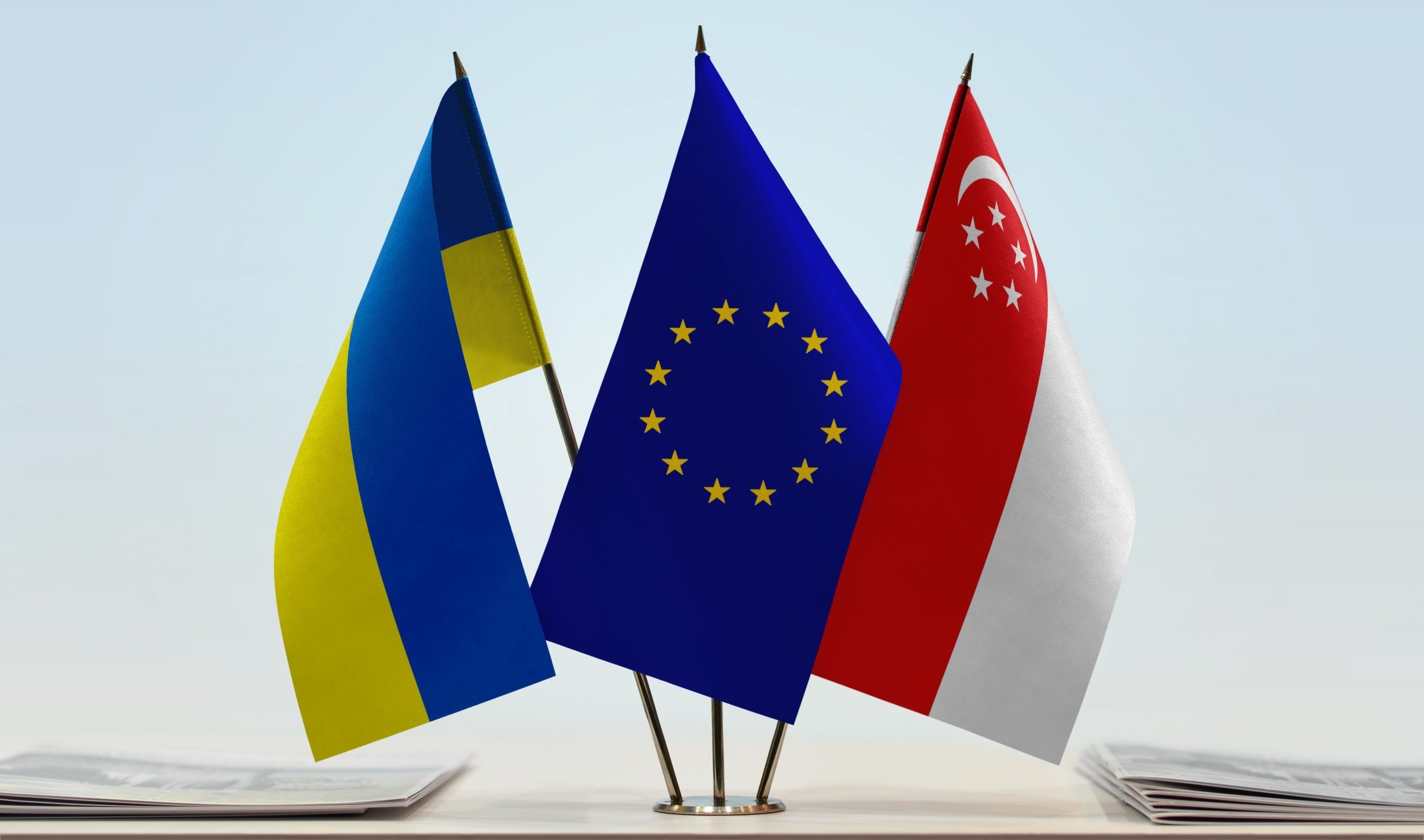
Singapore and Ukraine are no longer recommended for the suspension of travel restrictions
The EU Council has updated the list of countries for which travel restrictions should be lifted. This time, the Council deleted Singapore and Ukraine from the list after the Permanent Representatives Committee approved the removal. The decision was based on recent data from the ECDC (European Centre for Disease Prevention and Control) and the EEAS (European External Action Service), which is not favorable for these countries.
The European Union restricts non-essential travel to their Member States since the COVID-19 disease acquired the pandemic status in March 2020. But not all countries in the world were affected by the infection the same way. That is why on 30 June 2020, the Council started proposing the suspension of non-essential travel restrictions for the countries with the safest sanitary situations.
Every two weeks, the EU Council revises the management and situation of the COVID-19 pandemic around the world. Using reliable statistics from reputable sources, it determines whether travel restrictions on certain third countries should be lifted or not, based on the analysis of sanitary risks.
The statistics that are taken into account involve the number of COVID-19 cases, the number of tests performed, and the number of people who are being vaccinated in the country.
- Concretely, from 20 May 2021, the main criteria are:
- COVID-19 infections must not exceed 75 cases per 100,000 inhabitants.
- No cases of variants of concern or variants of interest (such as the Delta variant).
- Out of 300 tests per 100,000 inhabitants, only 4% can be positive.
Whichever country fails to meet these requirements might be removed from the list after the next assessment. This is what happened in the case of Ukraine and Singapore.
- Therefore, from 9 November 2021, the list of countries whose non-essential travel restrictions should be lifted currently includes these countries and territories only:
- Argentina
- Australia
- Chile
- Colombia
- Peru
- Uruguay
- Canada
- Rwanda
- Namibia
- Bahrain
- United Arab Emirates
- Qatar
- Saudi Arabia
- Jordan
- Kuwait
- China (including special administrative regions of Hong Kong and Macau, and the territorial authority of Taiwan, not globally recognized as a state)
- South Korea
- New Zealand
Which countries take part in this recommendation?
The EU Council recommendation is merely a proposal and no Member State of the EU is legally forced to apply it immediately. The pertinent governmental authorities of the EU countries are the ones who eventually decide what to do with the Council’s recommendation. But at the same time, Member States are not allowed to lift non-essential travel restrictions to other countries without the permission of the EU Council.
The European territories that must take a decision regarding the newest Council’s recommendation encompass the 27 countries of the European Union, Andorra, the Vatican, San Marino, Monaco, and Schengen associated countries (Iceland, Lichtenstein, Norway, and Switzerland).
The European territories that do not take part in the recommendation are Ireland (because it doesn’t belong to the Schengen acquis) and Denmark (because of the special position of Denmark annexed to the Treaty on European Union and to the TFEU. However, Denmark still has to act upon the recommendation within six months due to its Schengen acquis membership).